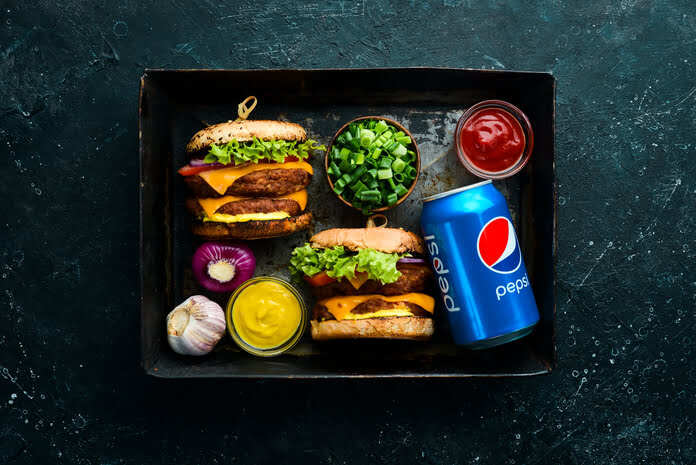PepsiCo (NASDAQ:PEP) experienced a boost in fourth-quarter profits, attributed in part to reduced charges and ongoing price adjustments. However, increased prices have led to weakened consumer demand for the company’s snacks and beverages.
The New York-based company announced on Friday that it anticipates organic revenue growth of at least 4% for the year, a significant drop from the 9.5% growth achieved in 2023.
Despite revealing a 7% increase in its annual dividend and plans to repurchase approximately $1 billion worth of shares, PepsiCo’s shares dipped 1% before the market opened.
For the quarter ending December 30, PepsiCo reported earnings of $1.3 billion, or 94 cents per share, compared to $518 million, or 37 cents per share, in the same period the previous year. Adjusted for impairment charges and other items, earnings stood at $1.78 per share, surpassing analysts’ expectations of $1.72 per share, according to Investment Research.
Revenue saw a decline from $28 billion to $27.86 billion, missing Wall Street’s projection of $28.24 billion. This drop in revenue coincided with decreased sales volume, despite higher product prices.
Frito-Lay North America experienced a 2% decline in volume, while beverages North America saw a 6% decrease. Similarly, volumes for Pepsi convenience foods in Latin America dropped by 6%, and there was a 1% decrease in Europe. In Asia Pacific, Australia, New Zealand, and the China region, convenience foods volume fell by 4%.
The Quaker Foods North America unit faced an 8% decline in volume due to a recall.
PepsiCo has grappled with the challenge of passing on higher costs to consumers, resulting in double-digit price increases over several quarters. Last month, global supermarket chain Carrefour announced it would cease selling PepsiCo products in select European markets due to price hikes on popular items like Lay’s potato chips, Quaker Oats, Lipton Iced Tea, and Pepsi soda.
Despite the rise in profits, the company has observed a decline in sales as consumers opt for more affordable brands. In response, PepsiCo has adjusted package sizes for some products to accommodate shifting consumer preferences.
Based in Purchase, New York, PepsiCo anticipates that price increases will moderate and align more closely with inflation, which has decreased significantly. The company attributes higher prices to increased costs for grain and cooking oil, which spiked following geopolitical tensions but have since stabilized.
PepsiCo remains committed to engaging with retailers like Carrefour in an effort to maintain product availability while navigating the challenges of pricing in a changing market landscape.
Featured Image: Freepik @ yarunivstudio






